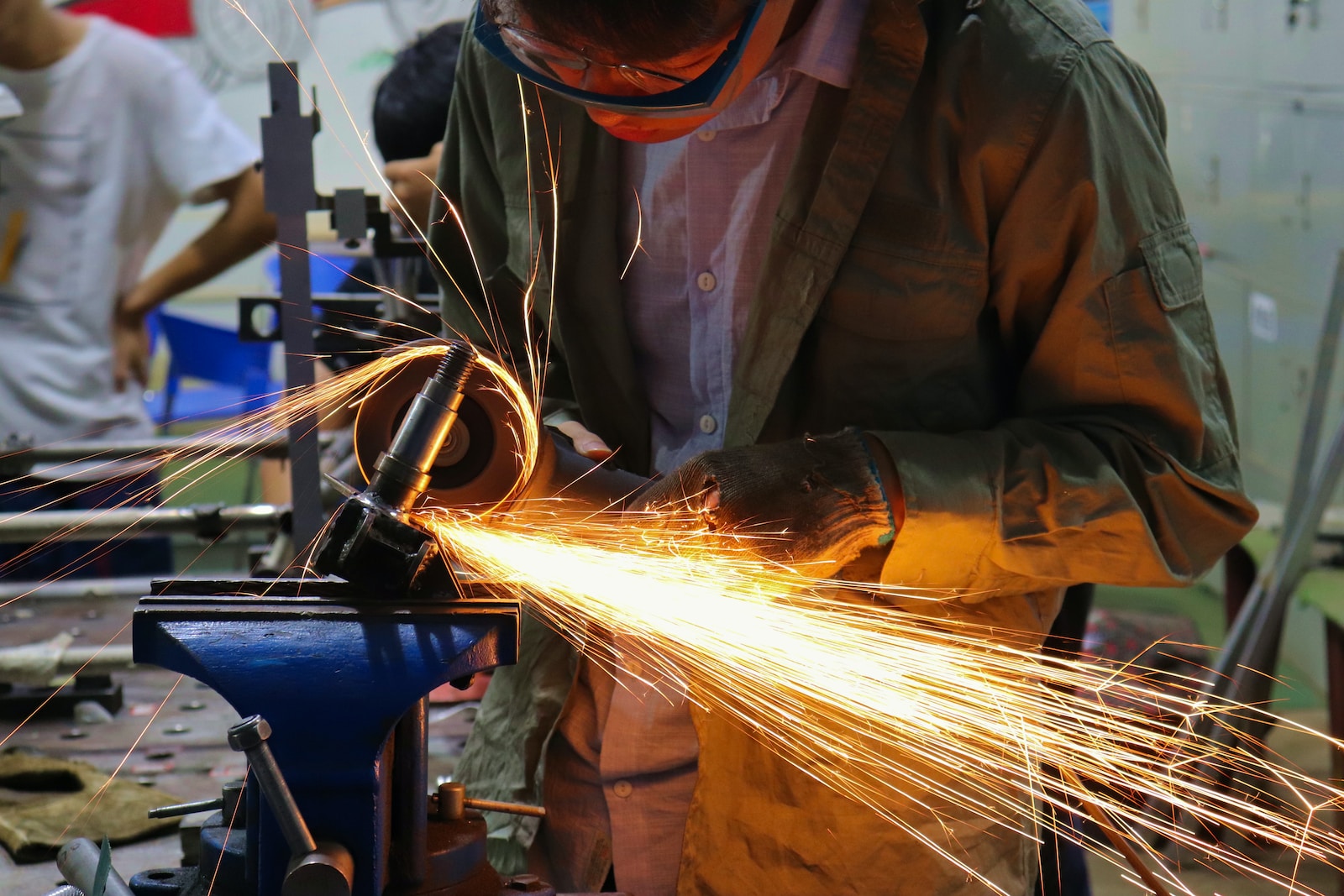
Photo by Xi Wang on unsplash
China’s Manufacturing Slump Continues Into December
January 1, 2024
China’s manufacturing scene experienced a significant pullback in December, marking its third consecutive month of contraction and underscoring the persisting lethargy in the world’s second-biggest economy. The official Purchasing Managers Index (PMI) — a key indicator of economic health — sagged to 49 last December, per the announcement by the National Bureau of Statistics. The PMI works on a scale of 100; any value below 50 serves as a sign of contraction. This recent dip insinuates a languid demand in the market.
Incredibly, eight out of the last nine months have seen a decline in the PMI, September being the only exception. Comparatively, November’s PMI was slightly higher at 49.4, down a hair’s breadth from October’s 49.5. Interestingly, while the lingering after-effects of the pandemic continue to cast an unexpected shadow of weakness, China’s economy still managed to expand at a rate of 5.2% in the first three quarters of the year. Positive signs began to emerge in November with noteworthy upticks in factory output and retail sales.
To spur domestic demand — a critical component of sustained economic growth — the Chinese government has taken decisive actions. These include boosting expenditure on infrastructure projects such as port construction, trimming interest rates, and relaxing restrictions on home purchases.
In his New Year address, Chinese leader Xi Jinping affirmed that the nation had accomplished a steady transition from its pandemic response, which had necessitated sporadic factory and citywide shutdowns. He noted that the economy was now “more resilient and dynamic” as reported by the Xinhua News Agency.
Global manufacturing demand has, however, been hamstrung as central banks worldwide have hiked interest rates to combat soaring inflation rates. Although inflationary pressures have softened over recent months, demand hasn’t bounced back yet to pre-COVID standards, impacting supply chains across the region, which are heavily reliant on China. Meanwhile, China’s non-manufacturing PMI nudged up to 50.4 in December, as reported by the statistics bureau. The service sector PMI sub-index skipped a beat at 49.3, remaining unchanged from November.
Recent News
Premium and Healthier Food Options Gain Traction
As consumers become more mindful of their spending, the global sales of cooking ingredients and meals saw a notable increase of 4.4% in 2023, driven by inflation and higher commodity prices, according to Euromonitor International. This trend underscores a shift in consumer behavior towards more economical choices while still showing a preference for premium, healthier, and environmentally sustainable options.
Dairy Manufacturers Inc. Issues Voluntary Recall of Baby Formula
In a significant move, Dairy Manufacturers Inc., a Texas-based company, has initiated a voluntary recall of several baby formula products after they were found to be noncompliant with U.S. Food and Drug Administration (FDA) regulations. The recall encompasses all lot codes of three specific products: Crecelac Infant 0-12, Farmalac 0-12, and Farmalac 0-12 Low Lactose. This announcement was officially published on the FDA’s website on Saturday.
Fitness Equipment to Become $18.4 Billion Market
The global fitness equipment market is projected to reach $18.4 billion by 2033, growing at a CAGR of 3.02% from 2024 to 2033, according to Allied Market Research. Key drivers include the integration of Internet of Things (IoT) technology in fitness devices and the rise of corporate wellness programs. IoT-enabled equipment captures workout metrics in real time, enhancing user engagement and offering personalized insights. Corporate wellness initiatives promote physical activity in the workplace, increasing demand for fitness equipment in corporate gyms.
Walmart Ends Partnership with Capitol One
Walmart has officially ended its consumer credit card agreement with Capital One, marking a significant shift in the retail giant’s financial partnerships. This decision follows a series of disputes over customer service issues that culminated in a legal battle and a federal judge’s ruling.

